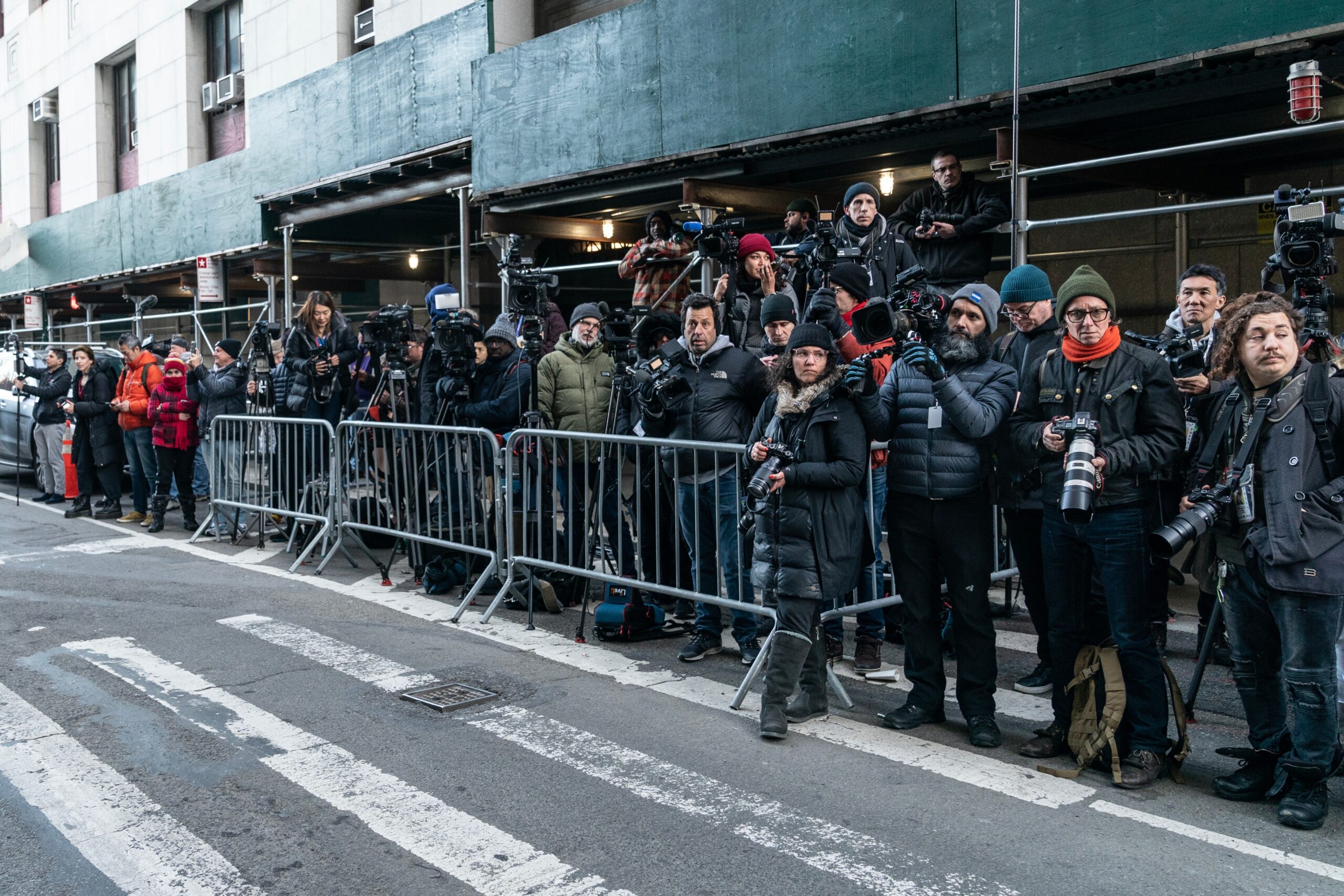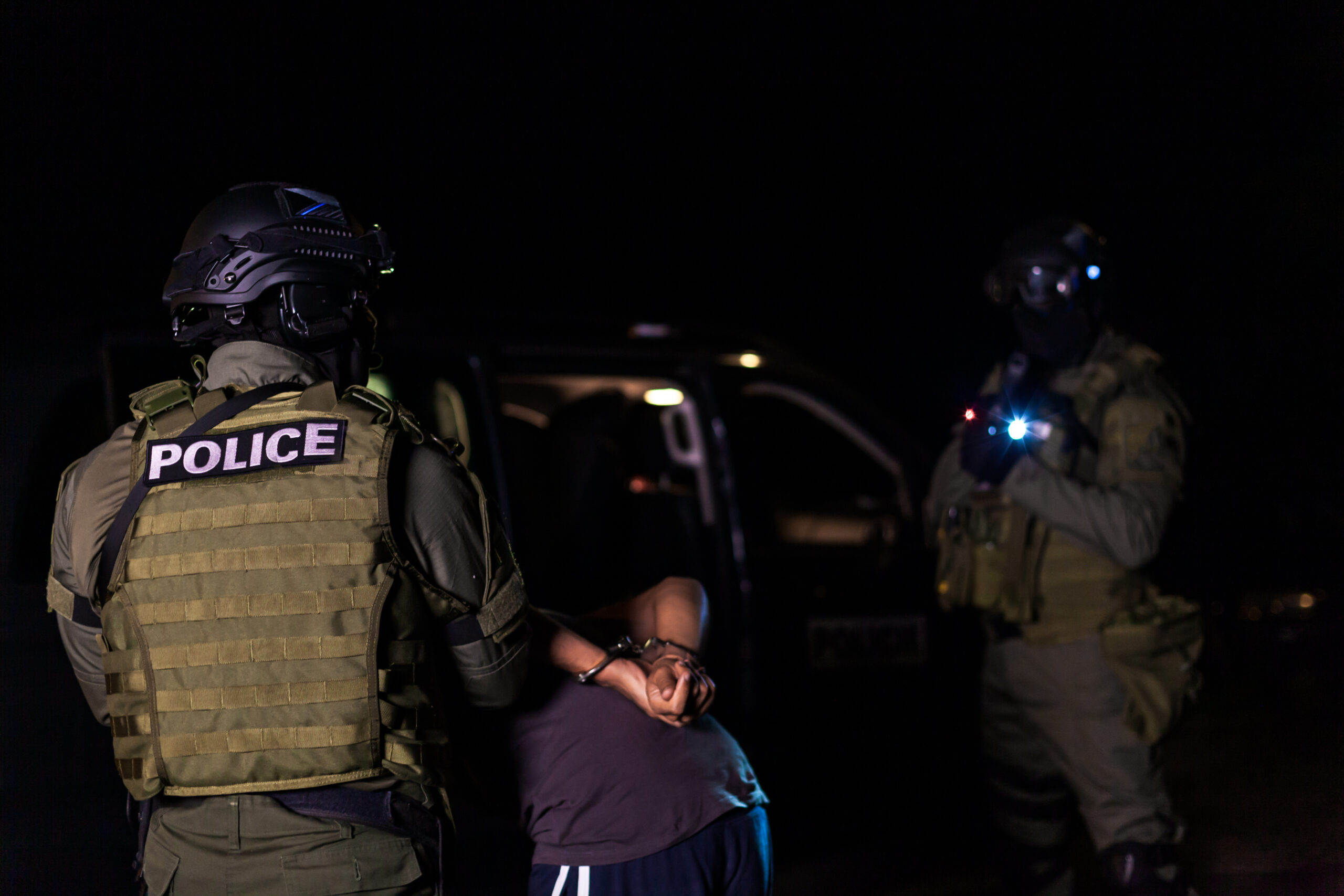Listen To Story Above
The global political landscape witnessed seismic shifts in 2024, with pivotal federal elections reshaping national trajectories, most notably in the United States. While some nations reinforced their trust in existing leadership through unprecedented electoral support, others endured mockeries of democratic processes, and a few witnessed the fall of entrenched dictatorships without formal elections. In America, voters decisively supported President-elect Donald Trump’s bid to restore policies that President Joe Biden had worked to dismantle during his term.
As we enter the new year, several crucial elections are poised to transform various nations’ futures. Here are five significant upcoming elections that could fundamentally alter their countries’ directions.
IT'S HAPPENING 🇩🇪
The right-wing party in Germany celebrate as they are set to be the second largest party in the EU elections.
All over Europe the right has seen massive wins.pic.twitter.com/1fwsVnCkuo
— PeterSweden (@PeterSweden7) June 9, 2024
Canada faces a potential early election, with October 20, 2025, set as the latest possible date. Prime Minister Justin Trudeau’s leadership hangs by a thread amid mounting pressure from opposition parties and internal Liberal Party dissent. His handling of various issues, including relations with Trump, healthcare crisis management, and foreign interference concerns, has eroded public confidence.
Recent polling data from Ipsos and Global News revealed that 53% of Canadians desire an immediate election, a sentiment intensified by Chrystia Freeland’s unexpected departure as Deputy Prime Minister. Conservative Party support has surged to 45%, dwarfing both Liberal and NDP backing at 20% each. Conservative leader Pierre Poilievre’s perceived capability to manage Trump-era relations garnered 39% support, significantly outpacing Trudeau’s 14%.
Ecuador’s upcoming February 9th election emerges from recent political turmoil. Following Daniel Noboa’s victory in an unprecedented special election – triggered by former President Guillermo Lasso’s invocation of the “mutually assured death” provision – the country faces another critical choice. The campaign was marked by tragedy when frontrunner Fernando Villavicencio was assassinated during a campaign event.
Noboa’s presidency has focused intensely on combating organized crime, following El Salvador’s President Nayib Bukele’s approach. Recent gang-related violence, including a dramatic hostage situation at TC Television, prompted Noboa to declare an “internal armed conflict.” He now faces competition from Luisa González, Rafael Correa’s chosen candidate, who capitalizes on rising crime rates and infrastructure challenges.
Justin Trudeau’s 2015 victory speech: Conservatives are not our enemies, they’re our neighbors, our friends. He promised real leadership brings people together.
9 years later, he’s divided the country, smeared his opponents, and silenced dissent. That speech didn’t age well. pic.twitter.com/ZRoVxuVKuq
— Marc Nixon (@MarcNixon24) December 30, 2024
Poland prepares for its May presidential election to replace term-limited Andrzej Duda. The contest pits conservative historian Karol Nawrocki against Warsaw’s mayor Rafał Trzaskowski, amid complex power-sharing dynamics with Prime Minister Donald Tusk’s government. Early polling favors Trzaskowski, though multiple third-party candidates could influence the outcome.
Cameroon’s October 2025 election presents unique challenges with 91-year-old Paul Biya potentially seeking an eighth term amid health concerns. His recent six-week disappearance sparked succession speculation. Opposition candidates Maurice Kamto and Eric Essono Tsimi face Biya’s entrenched political machine, while security threats from Boko Haram and separatist movements loom large.
Bolivia’s August 17 election marks its first regular presidential contest since Evo Morales’s 2020 departure. The socialist MAS party faces internal division between Morales supporters and current President Luis Arce’s faction. Despite court disqualification, Morales maintains his presidential ambitions, threatening stability within socialist ranks.







